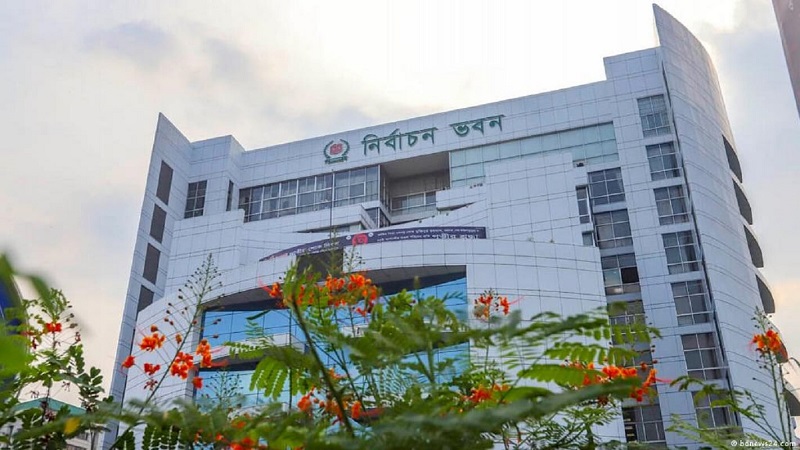Bangladesh’s Electoral System Reform Commission, formed by the Mohammad Yunus-led interim government as late as October 3, will likely recommend voting rights for the estimated 8 million-strong Bangladeshi diaspora, well-placed sources in the regime revealed to Northeast News today.
Speaking on the condition of anonymity, the sources said that the commission was now in the process of considering the mechanisms and technicalities that will pave the way for the inclusion of Bangladeshis living abroad as legitimate voters.
“In all likelihood, some form of postal ballot system will be adopted. Besides, there is some consensus among all political parties on the issue of voting rights for Bangladeshis working abroad,” the sources said, adding that the commission’s report will be submitted to Yunus on December 31.
The commission’s other important recommendation will be the adoption of a proportional representation system in place of the first-past-the-post mechanism which has been in place since the first election in 1972.
However, the sources said that the Bangladesh Nationalist Party (BNP) was “opposed” to the proportional representation system while the Jamaat-e-Islami and other small political parties were “favourably inclined” to this new electoral mechanism.
The sources added that any future election, whenever it is held, should “ideally” include the Awami League for it to be truly free, fair, participatory and inclusive.
The sources revealed that the Electoral System Reform Commission will recommend that the “perverse” 15th constitutional amendment, which was ushered in the by the then Sheikh Hasina-led Awami League government in 2011, would be “struck off”.
This amendment did away with the caretaker government system that was instituted by the 13th amendment in 1996.
Disclosing that the four former Election Commissioners led by Chief Election Commissioner Kazi Habibul Awal will be “proceeded against for their acts of commission and omission” during their tenure, the sources said that “every effort will be made to “trace their whereabouts” before legal action is taken against them.
“The former Election Commissioners will have to face the music,” the sources warned.
In this context, the sources said that the newly formed search committee will soon identify “competent persons” from the bureaucracy to be the new Election Commissioners.
While there is some unanimity among Bangladeshi political observers that the Yunus-led dispensation has “generally floundered” and “committed blunders”, especially on the issue of the demand for President Mohammad Shahabuddin Chuppu’s ouster, the sources Northeast News spoke with said that the interim regime “lacks competence, credibility and cohesion”.
Characterising Yunus as “articulate” and “inspirational”, the sources said that the chief advisor was “not assertive” and that his “team of advisers” was neither “capable” nor “qualified” to take on the “mammoth task of setting right the damage caused by the Sheikh Hasina regime which destroyed Bangladesh’s democratic and other critical institutions”.
Describing that Yunus’ functioning style “is marked by a Bangabandhu (Sheikh Mujibur Rahman) syndrome” and “naiveté”, one of the sources said that the “youth (student coordinators) should have been kept out of playing any role in the interim government” as they were “causing more harm than good”.
“We are at a crossroads. The dysfunctional institutions, a consequence of the Awami League’s tenure in government, a police system that has collapsed, and a politicised bureaucracy and patronage politics have caused immeasurable harm. It will be difficult for Bangladesh to emerge out of this morass,” one of the sources said.















